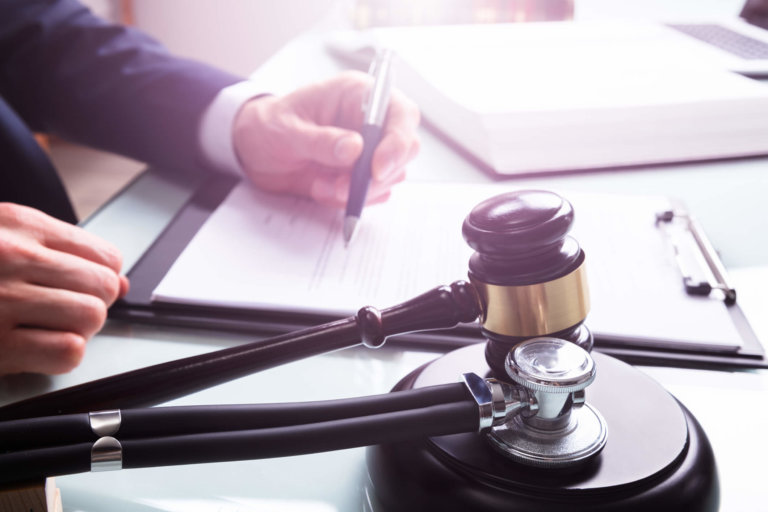If a physician, medical facility, or other medical provided caused your injury, you might receive compensation for your damages by filing a medical malpractice claim. However, medical malpractice laws in New Jersey are complicated and difficult to understand. The requirements for holding a medical provider liable for malpractice can seem overwhelming. A New Jersey medical malpractice attorney can provide guidance, support, and legal counsel as you seek to hold a health care professional responsible for negligence or medical errors.
4 Important New Jersey Malpractice Laws FAQs You Need to Know
1. Medical malpractice filing deadlines
You do not have an unlimited amount of time to file your medical malpractice claim. The statute of limitations for medical malpractice claims in New Jersey is two years from the date of your injury or the date you should have “reasonably” been aware of the injury. There are some exceptions to the rule, as in the case of minors or mental incompetency. It is always best to consult an attorney as soon as possible to protect your legal right to file a claim.
2. The medical provider must have breached the standard of care
For medical malpractice to occur, you must prove that the health care provider failed to meet or exceed the accepted medical standard of care for your case. The medical standard of care is measured against what a reasonably trained physician in the same practice as your medical provider would have been expected to do given the same or similar circumstances. You must retain medical experts who can identify what the medical standard of care should have been in your case.
3. All instances of error or negligence do not constitute medical malpractice
To rise to the level of malpractice, the negligent acts or medical errors committed by a health care provider must have caused injury and damages. Therefore, to win a medical malpractice case, you must provide evidence that your injury would not have occurred had it not been for the medical provider’s wrongdoing.
When you file a medical malpractice lawsuit, you must submit an Affidavit of Merit signed by a medical expert who states that there is a reasonable probability that your injury was the result of negligent medical care or medical error. The medical expert you choose must meet certain legal requirements to qualify as a medical expert.
4. There is a cap for some damages in a medical malpractice case
Financial damages, including medical expenses and loss of income, are not capped in a medical malpractice claim. You can claim all out-of-pocket expenses related to your injury, provided you have evidence of the expenses. Non-economic damages are also unlimited for medical malpractice cases in New Jersey. In other words, a jury can award any amount for your “pain and suffering” damages based on the evidence presented in court.
However, if you are entitled to punitive damages, the amount you may receive for this type of damage is limited by law. Only cases involving gross negligence or intentional acts are eligible for punitive damages.
Contact a New Jersey Medical Malpractice Attorney to Discuss Your Case
Medical malpractice laws are difficult to understand, and claims often involve complicated medical questions and legal theories. You need the assistance of an attorney who understands the legal requirements and has the resources to retain medical experts to work on your case. Schedule a consultation with our New Jersey medical malpractice lawyers today. Seeking the advice of a qualified New Jersey medical malpractice attorney can improve your chances of recovering compensation for injuries and damages caused by a medical provider.

